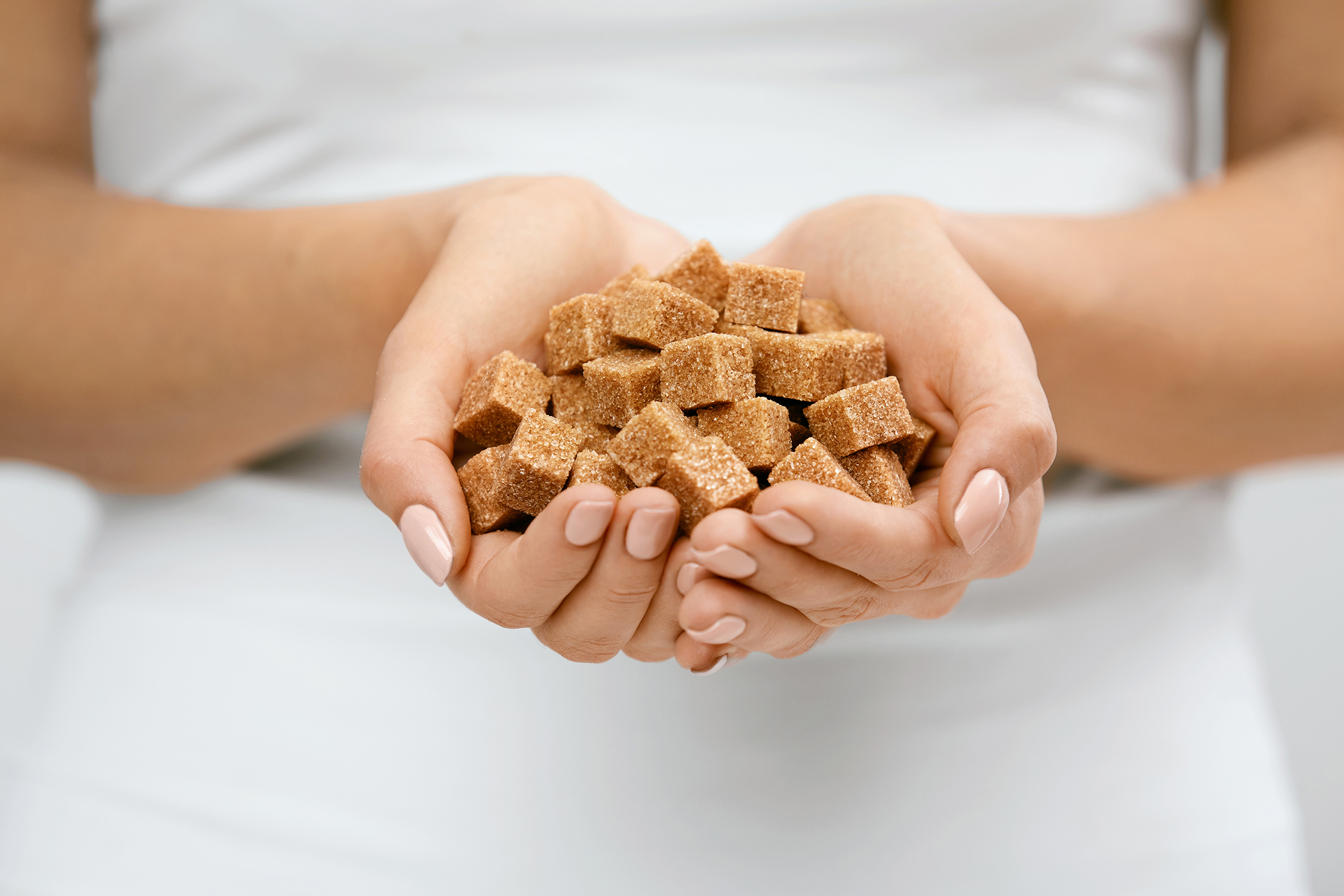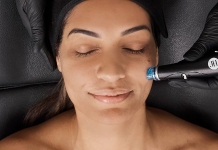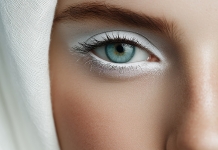Expert Advice: From ageing to acne, how sugar affects our skin
Skincare expert Kathy Wilcox explains the not so sweet truth about sugar.
 Added sugar is the single worst ingredient in the modern diet. Not only does sugar cause weight gain and health issues, it affects our skin as well. Didn't know that? Well, read on to learn how sugar affects the skin.
Added sugar is the single worst ingredient in the modern diet. Not only does sugar cause weight gain and health issues, it affects our skin as well. Didn't know that? Well, read on to learn how sugar affects the skin.
Sugars are carbohydrates; like all carbohydrates they provide a source of energy for the body. During digestion, sugars such as lactose and sucrose are broken down into simple sugars. These simple sugars then travel through the blood stream to our cells. Here they provide energy to create proteins or get stored for later use.
There is no nutritional difference between sugars, and your body will use all types of sugars in the same way.
Sugar occurs naturally in all foods that contain carbs, including fruit. They are an essential source of energy, but too much added sugar (like cakes, sweets and soft drinks) can have an adverse effect on the body and your skin.
How does Glycation affect the skin?
Did you know that Glycosylation is possibly the single biggest contributor to cross-linked wrinkles?
Within our skin, sugar is responsible for the process called Glycation. Glycation is the cross-linking of proteins and sugars to form non-functioning structures within the body. As we age the storage of excess sugars in the body shifts to the connective tissues of the skin. These excess sugars pool around healthy skin cells and crystallise, causing a weight on the collagen, reducing elasticity and normal cell creation. When this process happens, premature ageing happens.

Glycation also causes the formation of free radicals and oxidative stress which accelerate ageing. Even though one of the most affected proteins during Glycation is collagen (hence why the skin sags and becomes wrinkled), sugar is also a powerful dehydrator. It affects our sebaceous flow and water levels in the skin.
Sugar causes inflammation of the skin
With a boost in oil production and a lack of water in the skin, we not only have problems with a loss of elasticity, wrinkles, lack lustre skin but also the increased possibility of breakouts and acne.
As it also causes inflammation within the skin, this can lead to sensitivity flare ups. For chronic skin conditions such as Acne or Rosacea, cutting sugar out of your diet as much as possible will reduce swelling, redness, sensitivity and reactivity of the skin.
Reducing your sugar intake
It would be almost impossible to remove sugar 100% from our diets, but there are ways we can reduce our sugar intake and consume healthy amounts. Avoid processed sugars, and opt for more nutritional options such as coconut or date sugar. Choose unsweetened almond milk instead of dairy, and reduce your intake of fruit juices (they are high in sugar). Try and stay away from high sugar foods such as white bread, pastas and white flour, fruits like grapes, bananas and apples are high in sugar also. Opting for berries and green leafy vegetables will be more beneficial.
Kathy Wilcox is National Trainer for DMK skincare, available from Chleo Enterprises.

-(1)-13444.jpg)






